
Our vision:
A safe and healthy Kitsap County for all.
Climate & The Environment
Climate change poses a range of public health challenges for the Kitsap County community. Kitsap Public Health is working to build a more climate-resilient Kitsap County by developing climate change-informed emergency response plans, supporting climate-friendly planning initiatives, and advancing community-led strategies.

Creating a Healthy Home
Most of us spend more time at home than anywhere else. Our homes can have a big effect on our physical and mental wellbeing. Click the buttons below to learn different ways to help your home stay safe and healthy.

Rodents and Other Pests
Health effects: Pests can carry diseases that can make humans sick, as well as cause allergic reactions.
Prevention tips:
-
Keep your living and cooking areas clean. Rodents are more likely to be in homes that have food crumbs, scraps, and spills on their floors and counters.
-
If rats or other rodents are already in your home, make sure that all of your food is stored in pest-proof containers.
-
Keep crawl spaces, vents, cracks, and spaces under doors sealed.
-
If you have birdfeeders, store birdseed in rodent-proof containers. Clean up any birdseed that has spilled onto the ground.
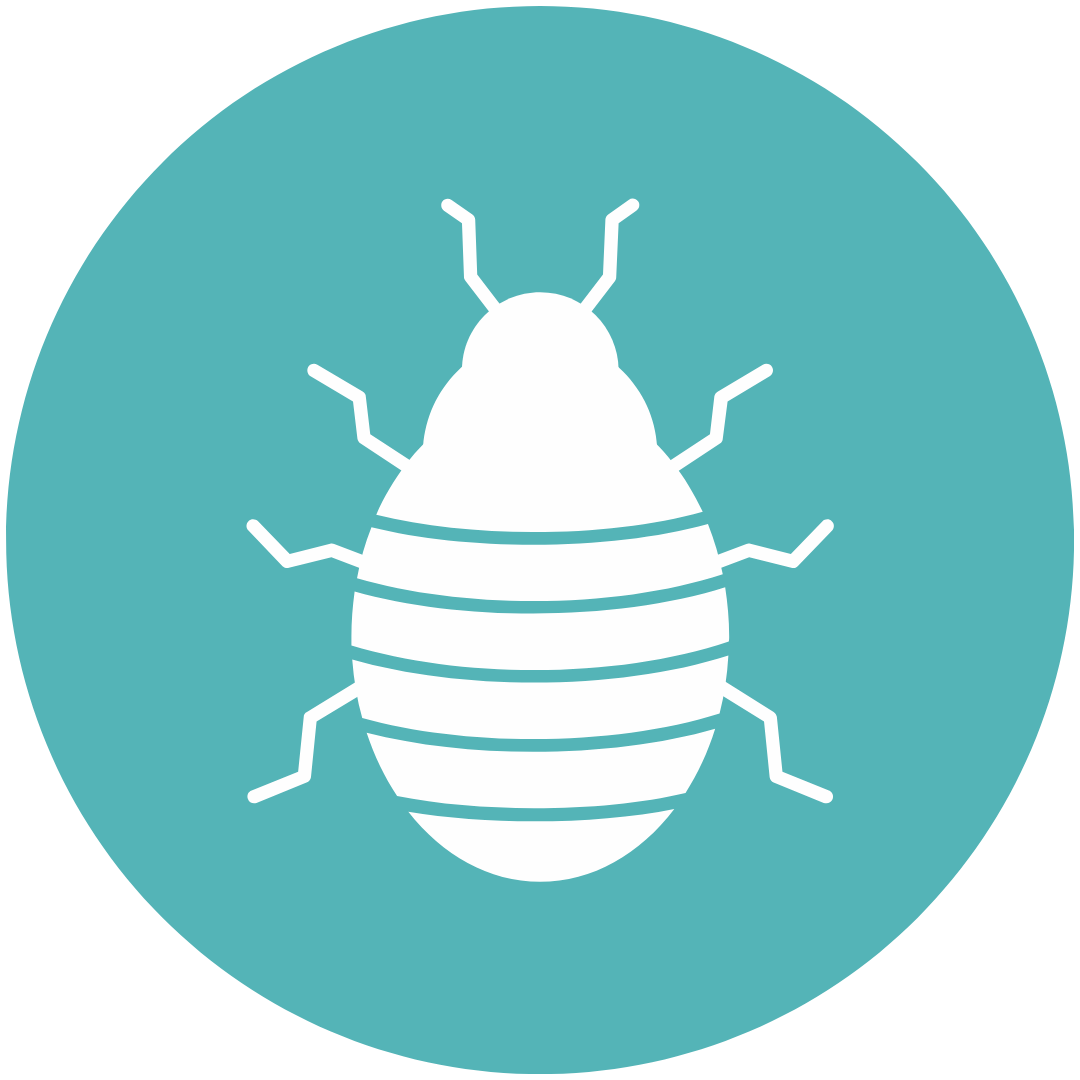
Bedbugs
Health effects: Bedbugs in your home can cause allergic reactions to bites (like itchiness). Bedbugs are frustrating and can cause stress, but they are not known to carry diseases that make humans sick.
Prevention:
-
When traveling, inspect sheets and mattresses for signs of bedbugs (reddish stains, bedbug feces or eggs). Do not stay in a room if you think it has bedbugs.
-
Inspect secondhand furniture for bedbugs before bringing it into your home.
-
If there are bedbugs in your home, tumble-dry all clothes and bedding on the "high" setting to kill bedbugs. Vacuum carpets and rugs to capture any stray bedbugs.
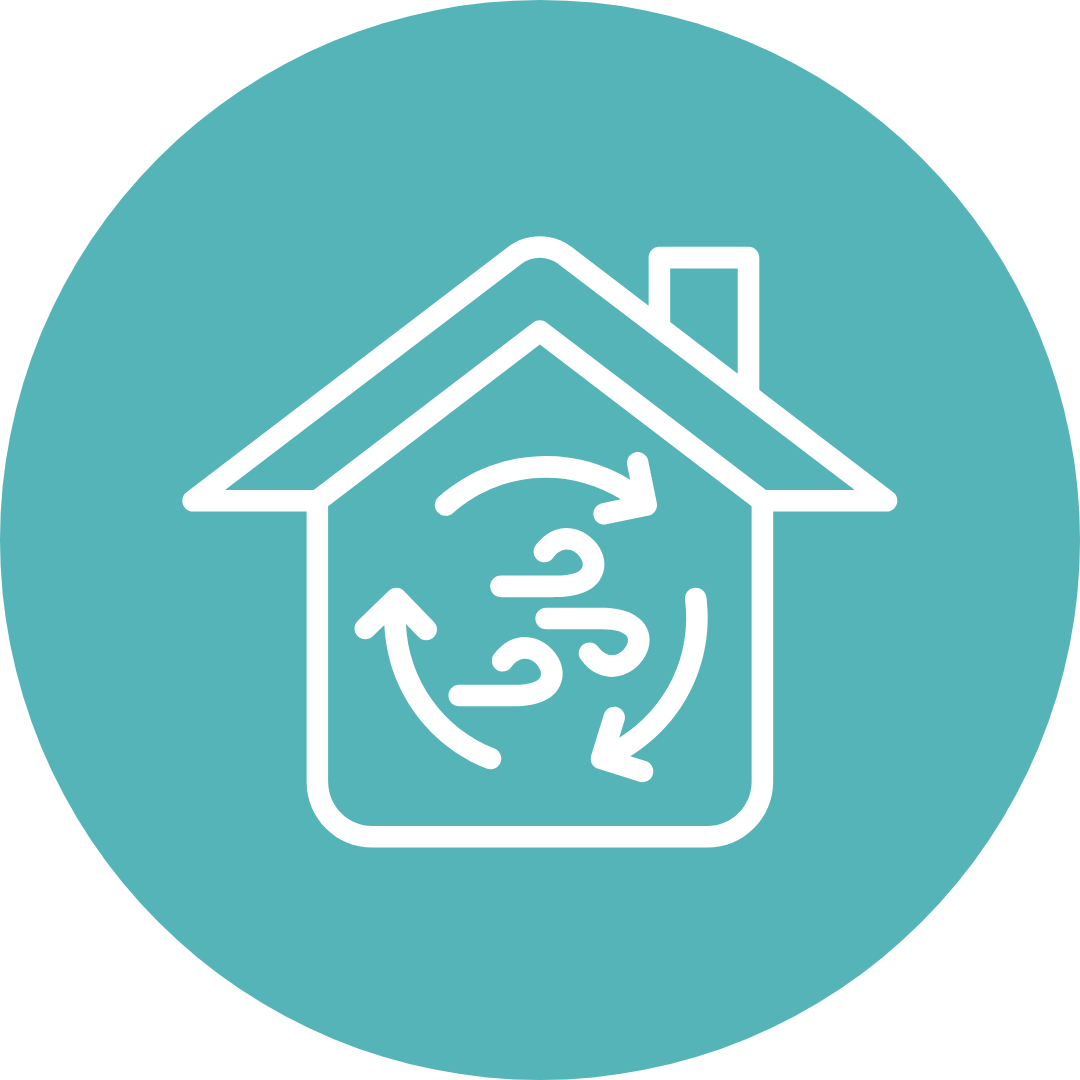
Indoor Air Quality
Health effects: Poor indoor air quality impacts everyone, especially children, older adults, and people with health problems like asthma or heart disease.
Prevention:
-
Improve air circulation by opening windows (when the weather permits) and turning on ceiling fans.
-
Use HEPA filters to filter out bad air quality.
-
Choose gentler, less toxic, and unscented cleaning products.
-
Avoid storing chemicals (paints, fuels, etc.) in your home, or store them in the smallest possible amount and in sealed containers.
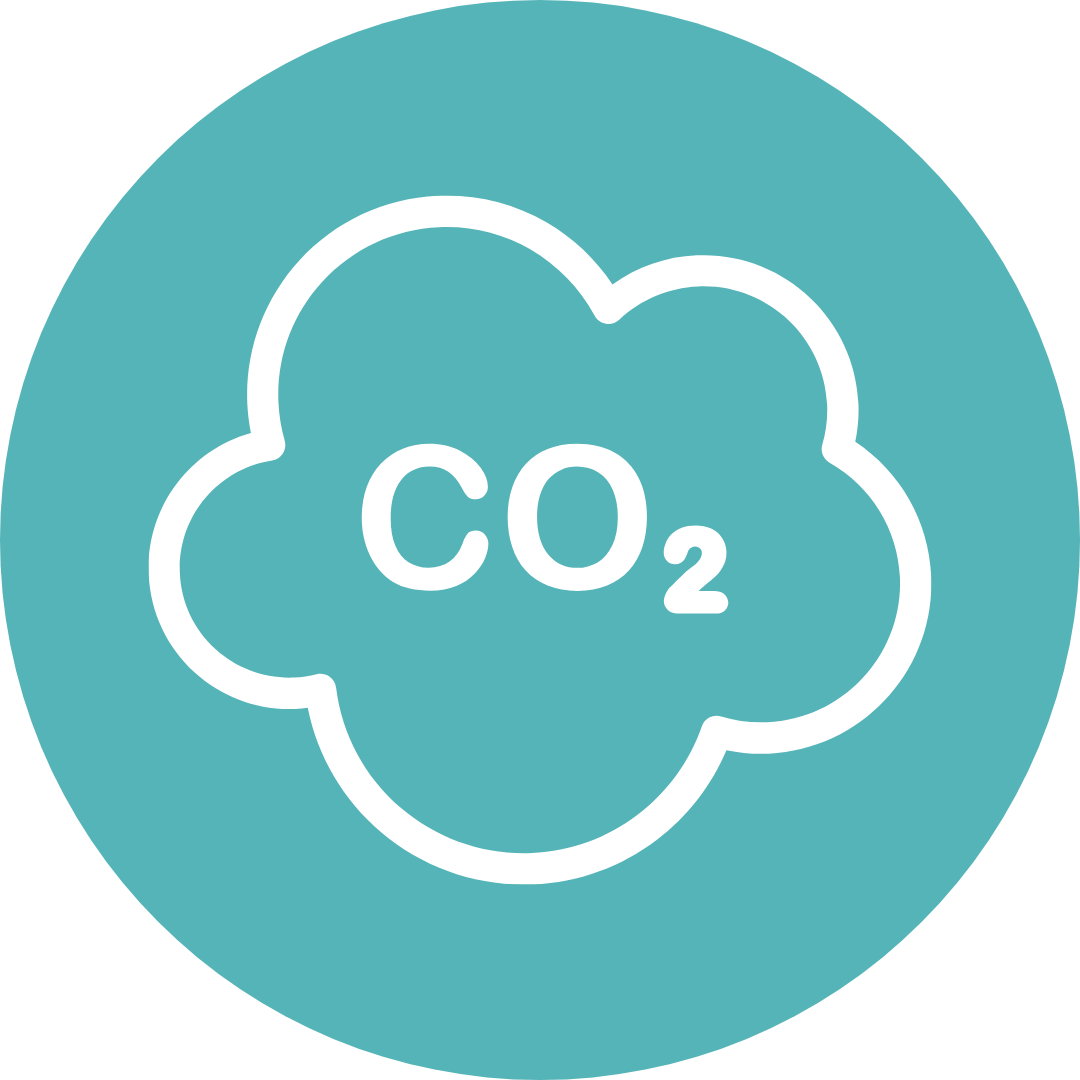
Smoke and Carbon Monoxide
Health effects: Smoke, fire, and carbon monoxide can be deadly household hazards.
Prevention:
-
Install at least one smoke detector on each level of your home, as well as in every bedroom. Install at least one carbon monoxide detector on each level of your home.
-
Regularly test smoke and carbon monoxide detectors to ensure that they are working properly.
-
Have fire extinguishers and know how to use them.
-
Have an escape plan.
-
Regularly clean your chimney/flue to prevent the buildup of flammable residues.
-
Do not use barbeques or gas ovens to heat your home.
What is Climate Change?

Climate change is the change of weather patterns from human activity, such as burning coal and oil (fossil fuels) to produce energy. When fossil fuels are burned, they release greenhouse gases. These gases cause heat to come back to the earth, rather than escape into outer space. As the greenhouse gases increase, so does heat - causing the world we live in to get hotter. A warmer world means more storms and extreme weather, rising sea levels, and changes to our ecosystem.
Climate Change and Public Health
Climate change can affect your health in many ways. When we have more days of extreme heat and wildfire smoke, our risk of heat stroke and breathing problems increases. Changing weather patterns also increase diseases from polluted water and pests, like the West Nile Virus from mosquitoes, Lyme disease from ticks, and vibriosis from shellfish.
Everyone Feels Climate Change Differently

How likely someone is affected by climate change depends on how they are exposed to hazards (such as extreme heat, low air quality, and limited water). How often we are exposed to hazards depends on where we live and work. For example, someone who exercises outside will be exposed more often to extreme heat, while someone who has a chronic health condition may be extra sensitive to low air quality.
Climate change can:
Increase injury and death from extreme weather (like a heat wave or blizzard)
Worsen respiratory illnesses from poor air quality
Impact how we get our food
Worsen mental health problems
Increasing Climate Resilience
Kitsap Public Health is working to help protect our community from the impacts of climate change by providing resources and collaborating with Kitsap developers to create healthy built environments. We must all work together to reduce the effects of climate change and keep Kitsap County safe and healthy for all.




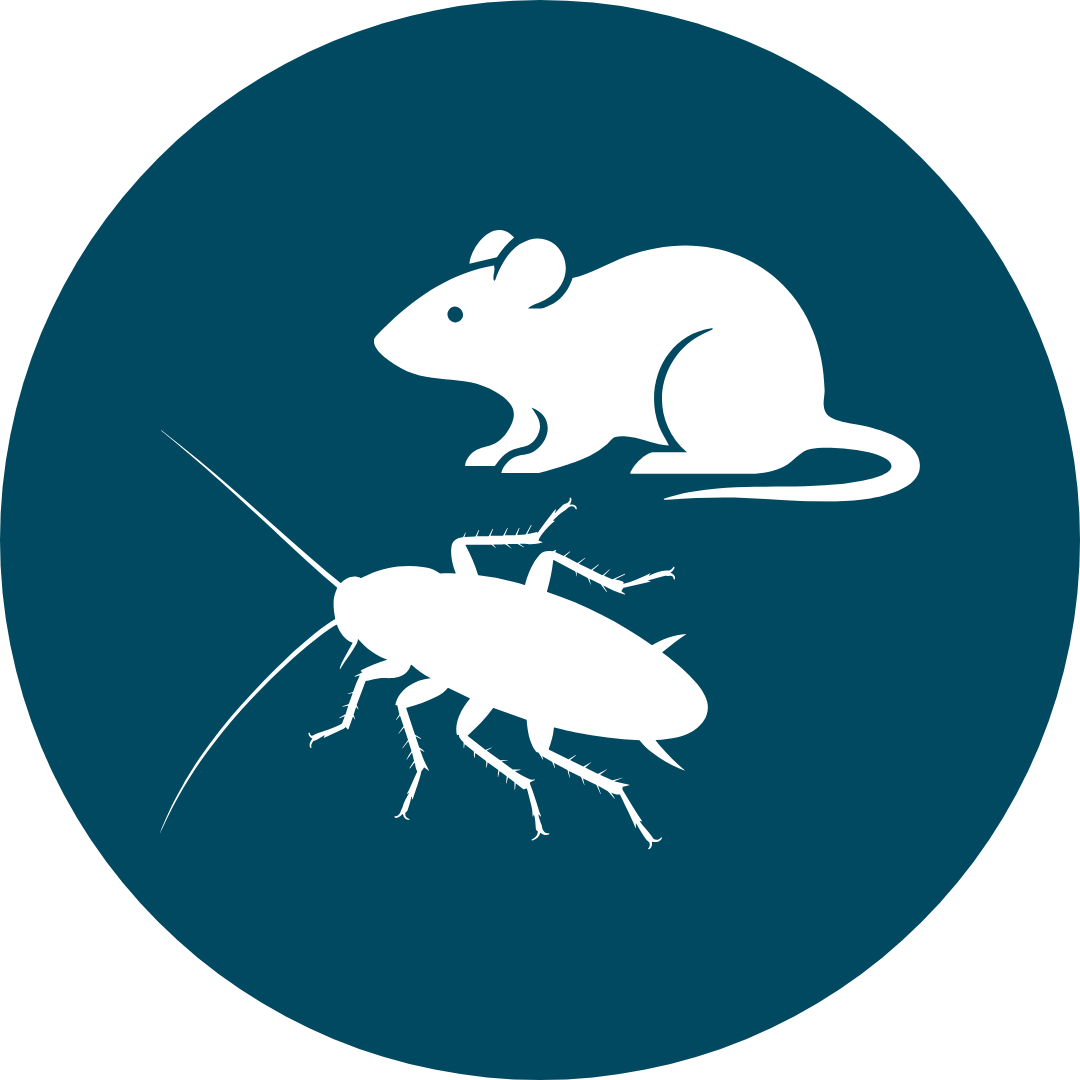
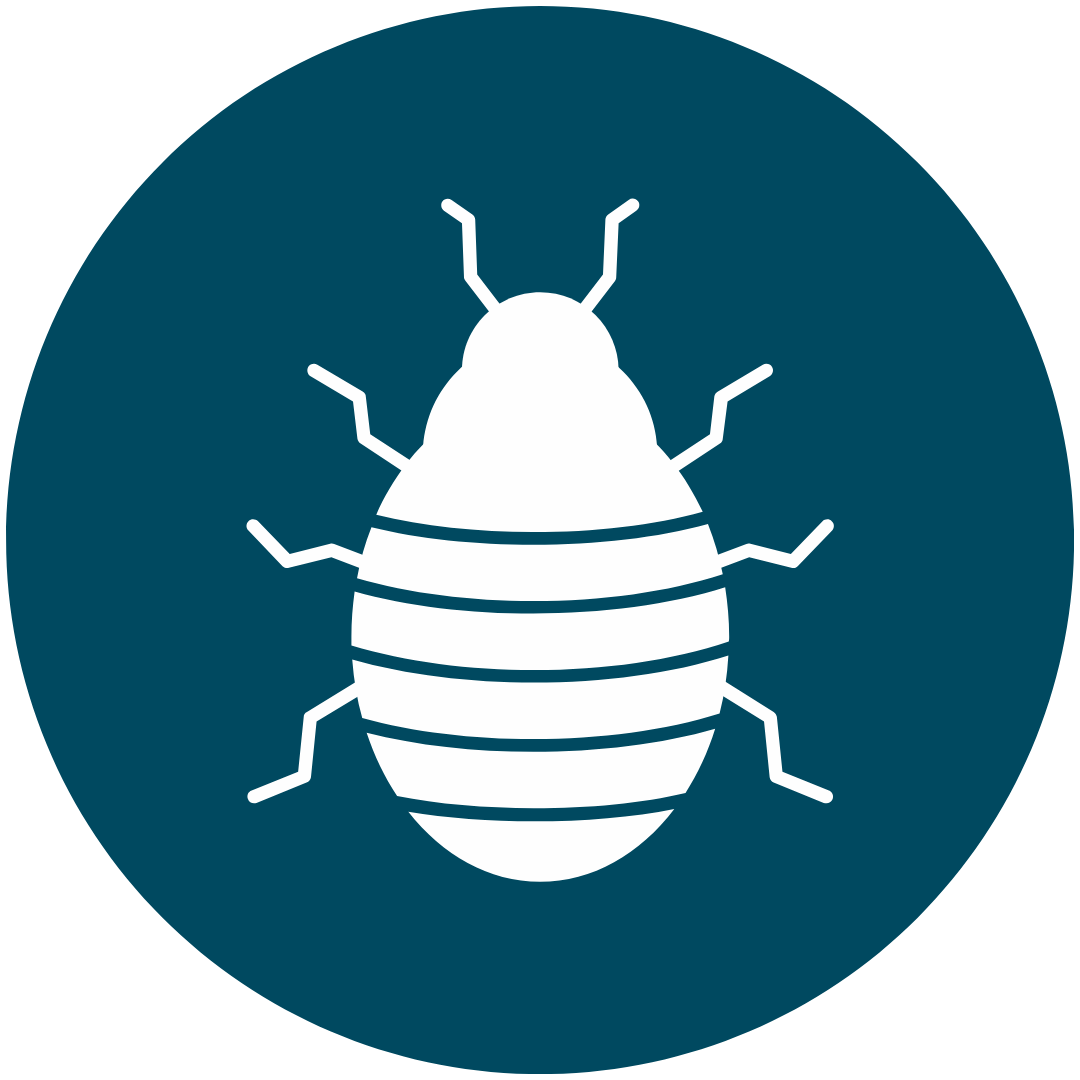

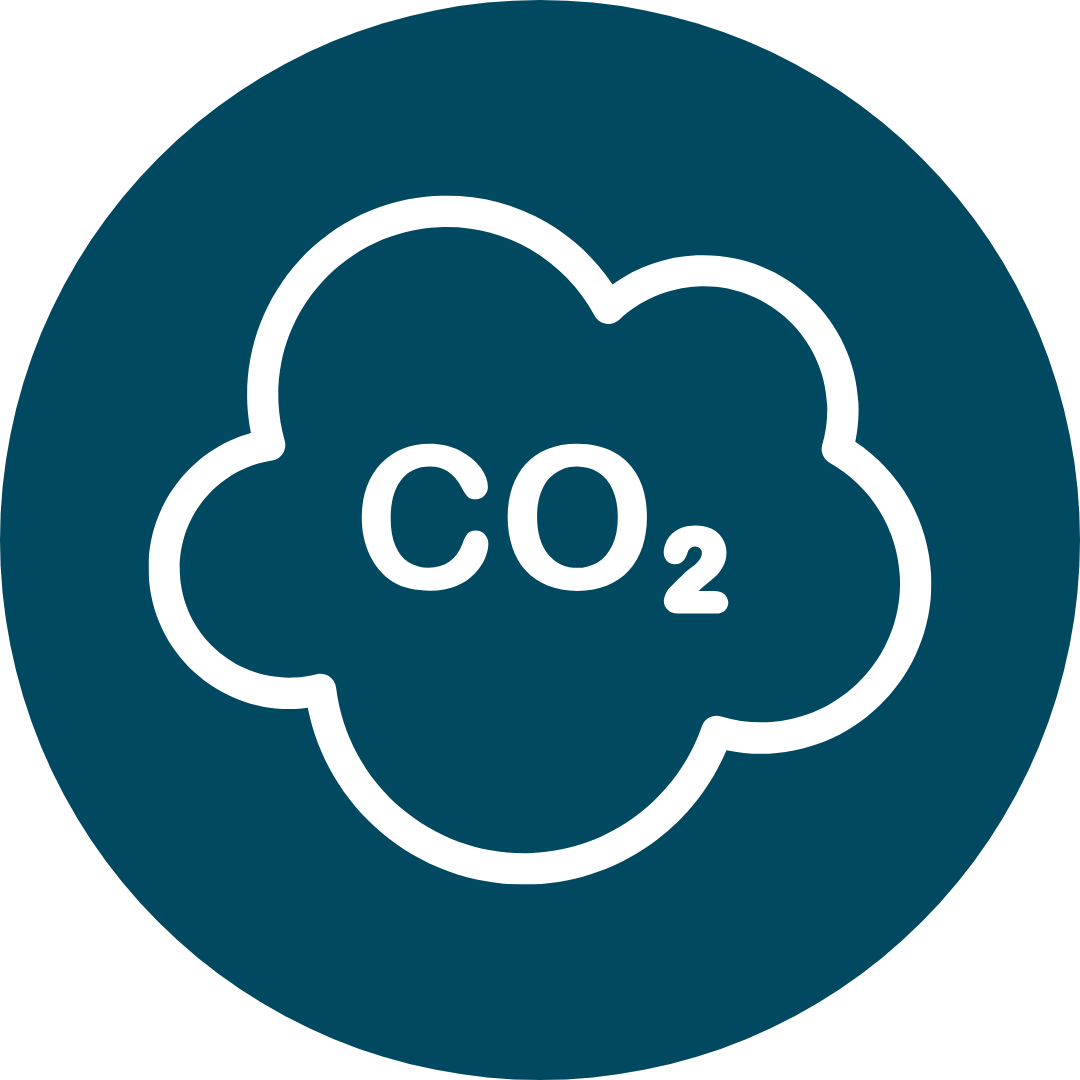
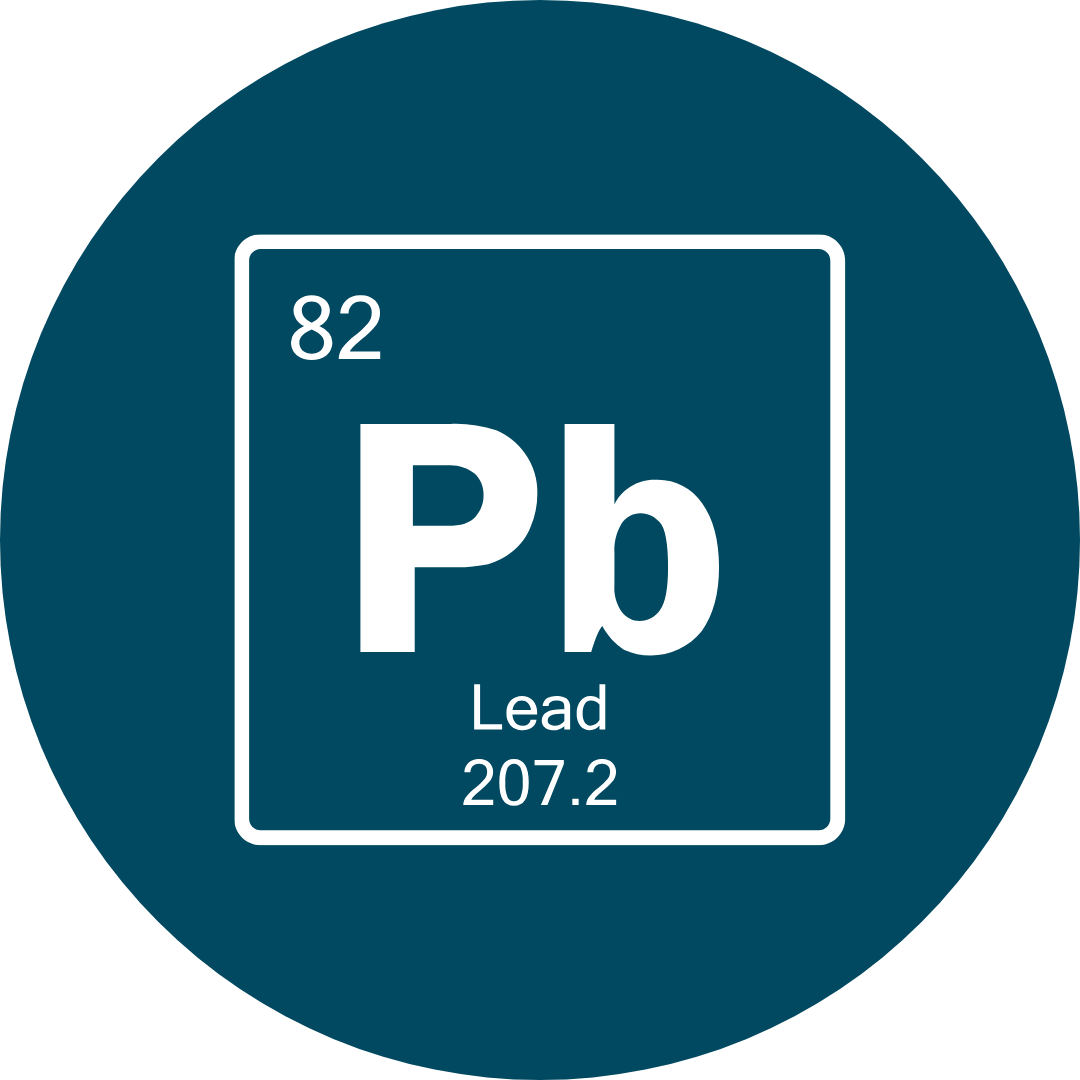
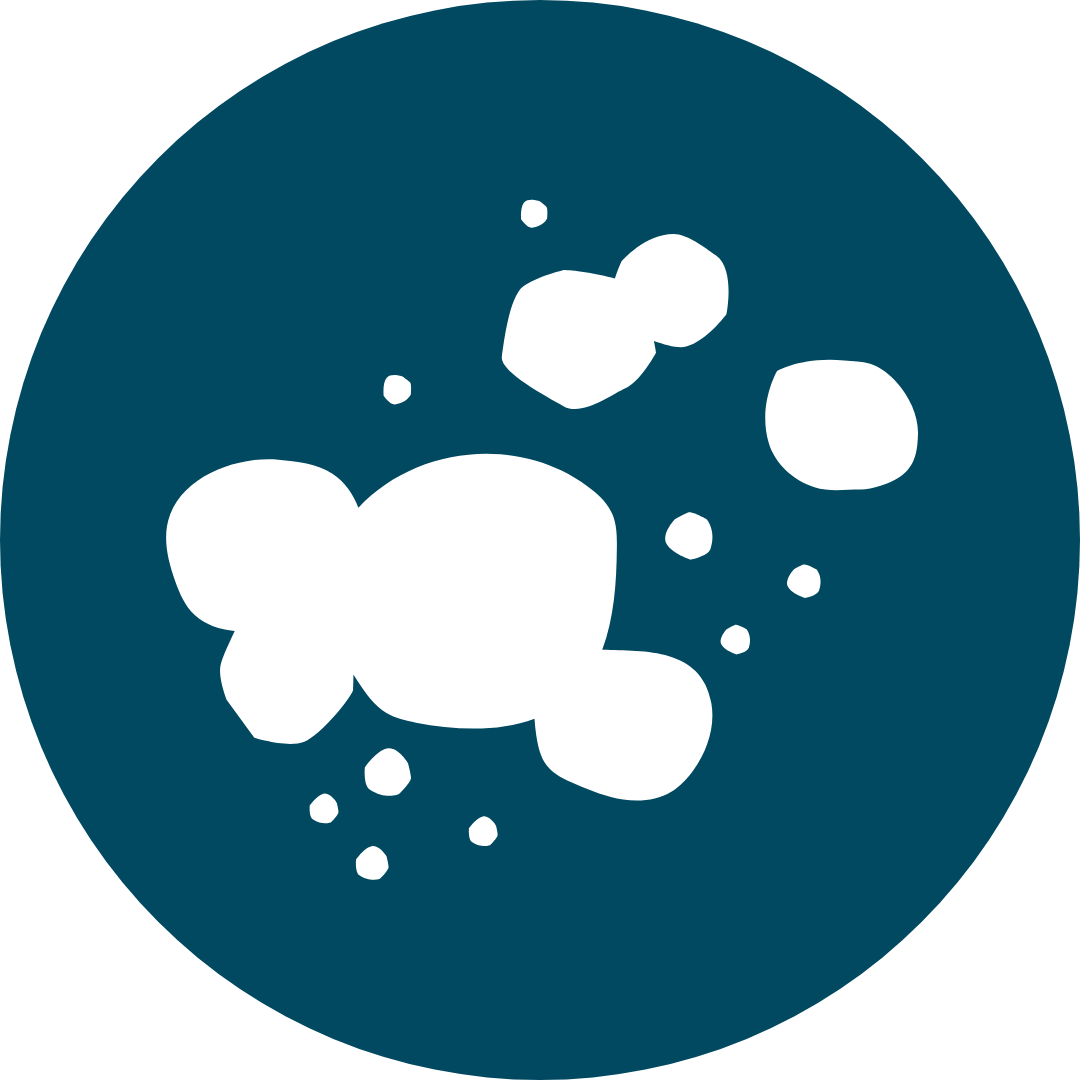
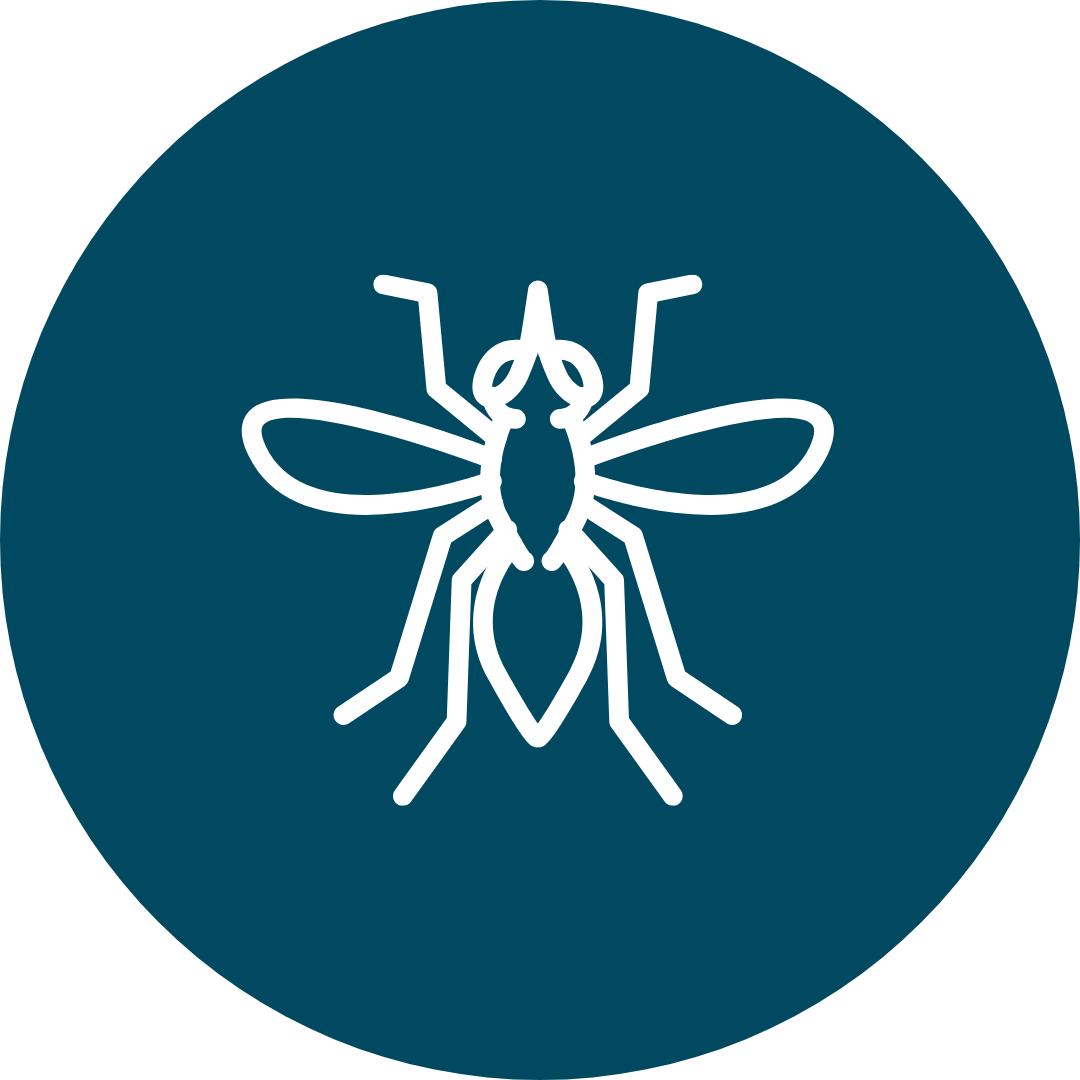
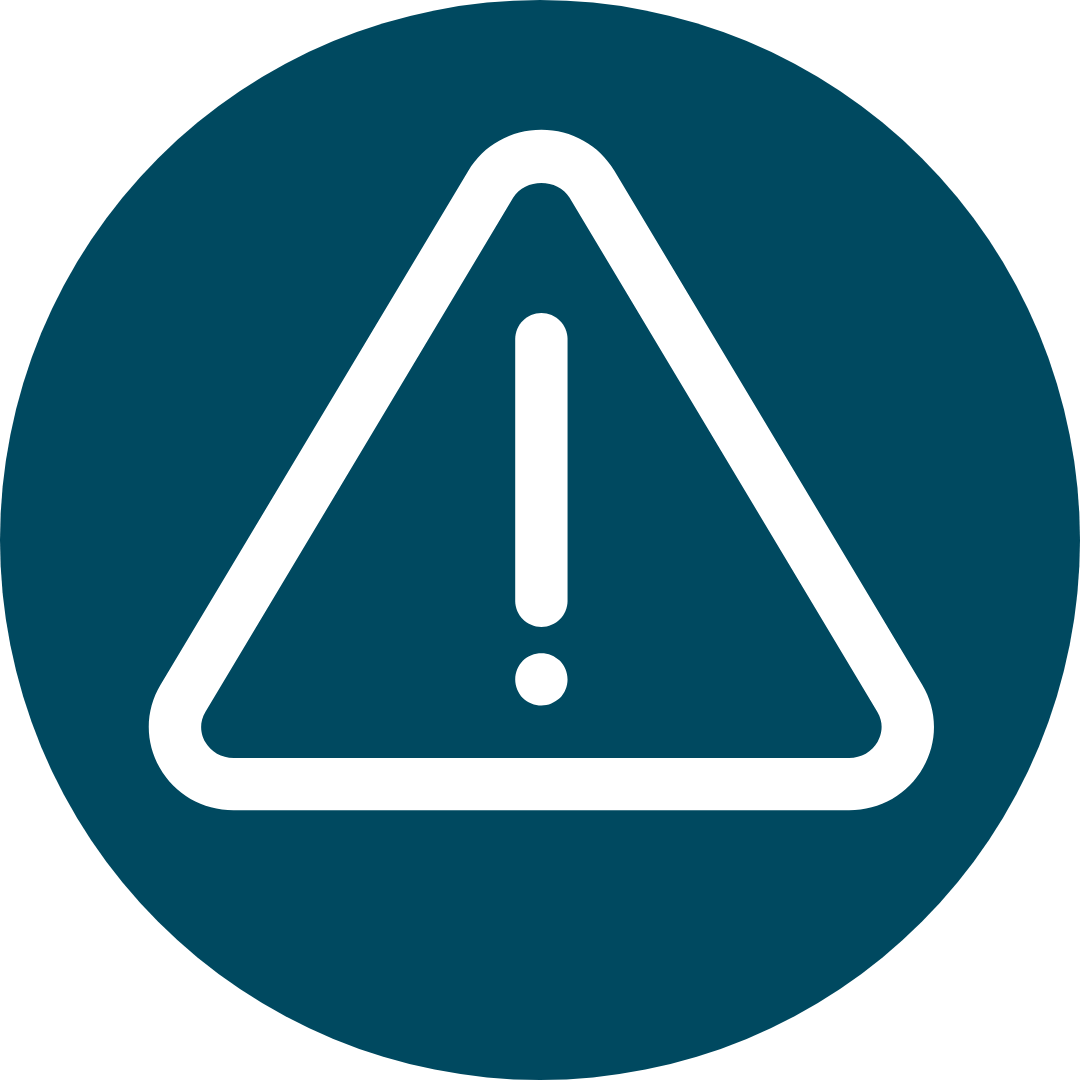
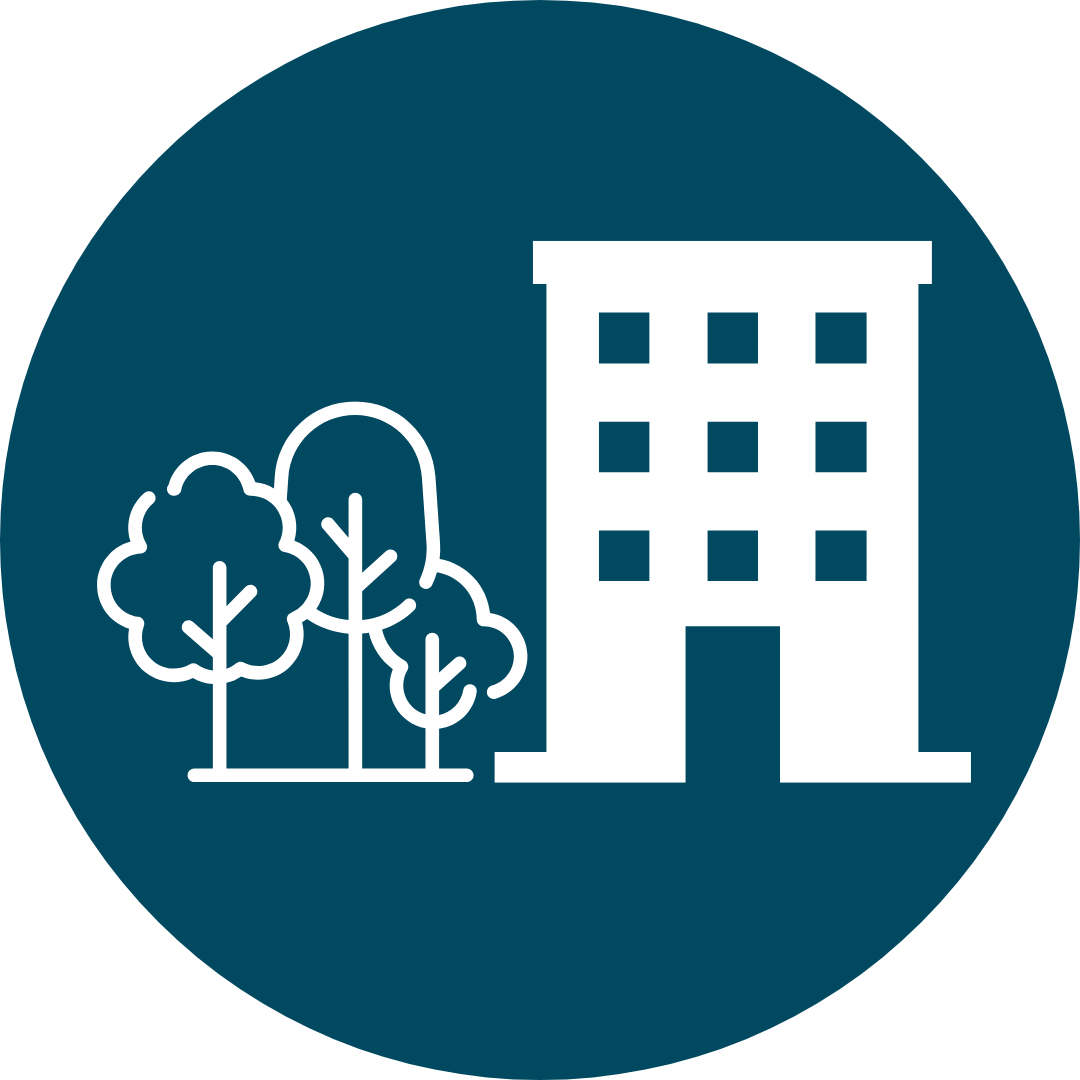
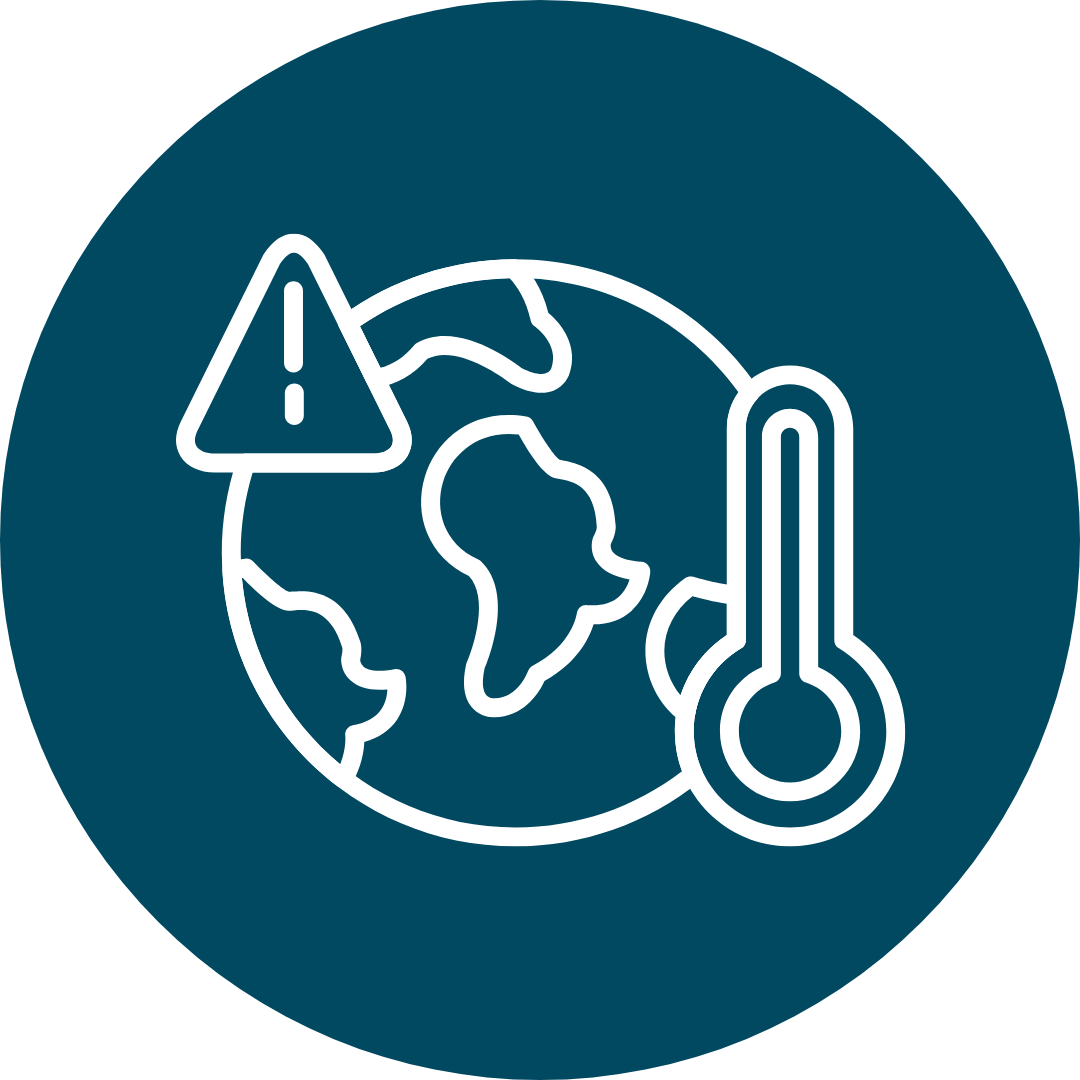
.png)
